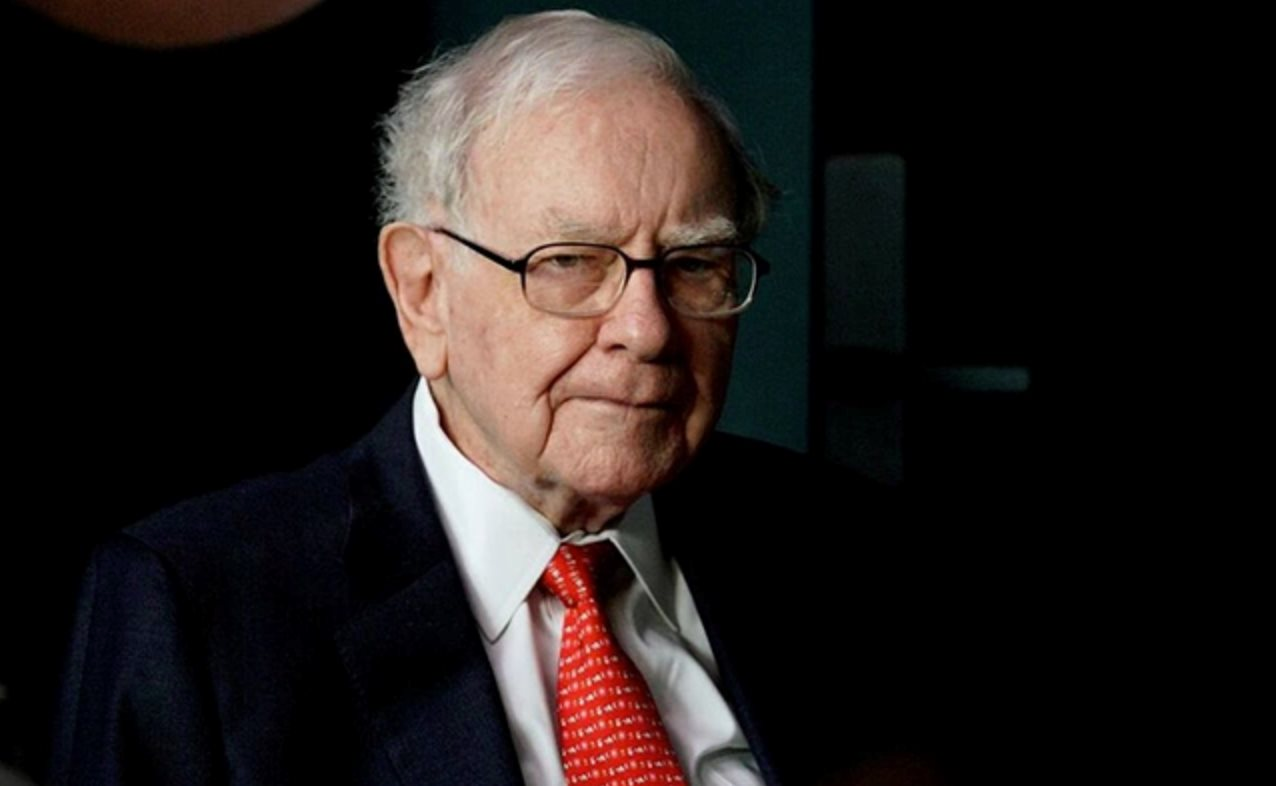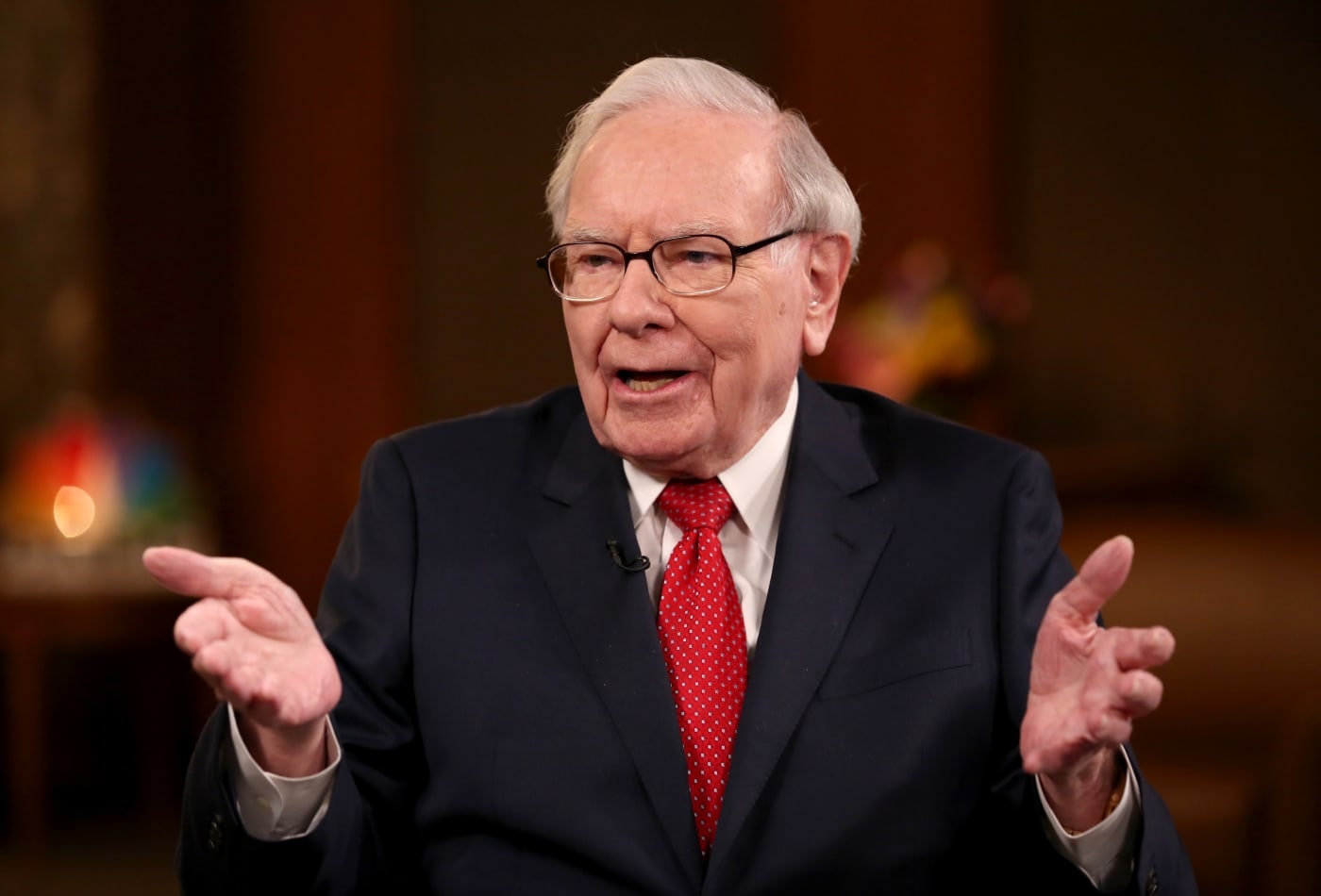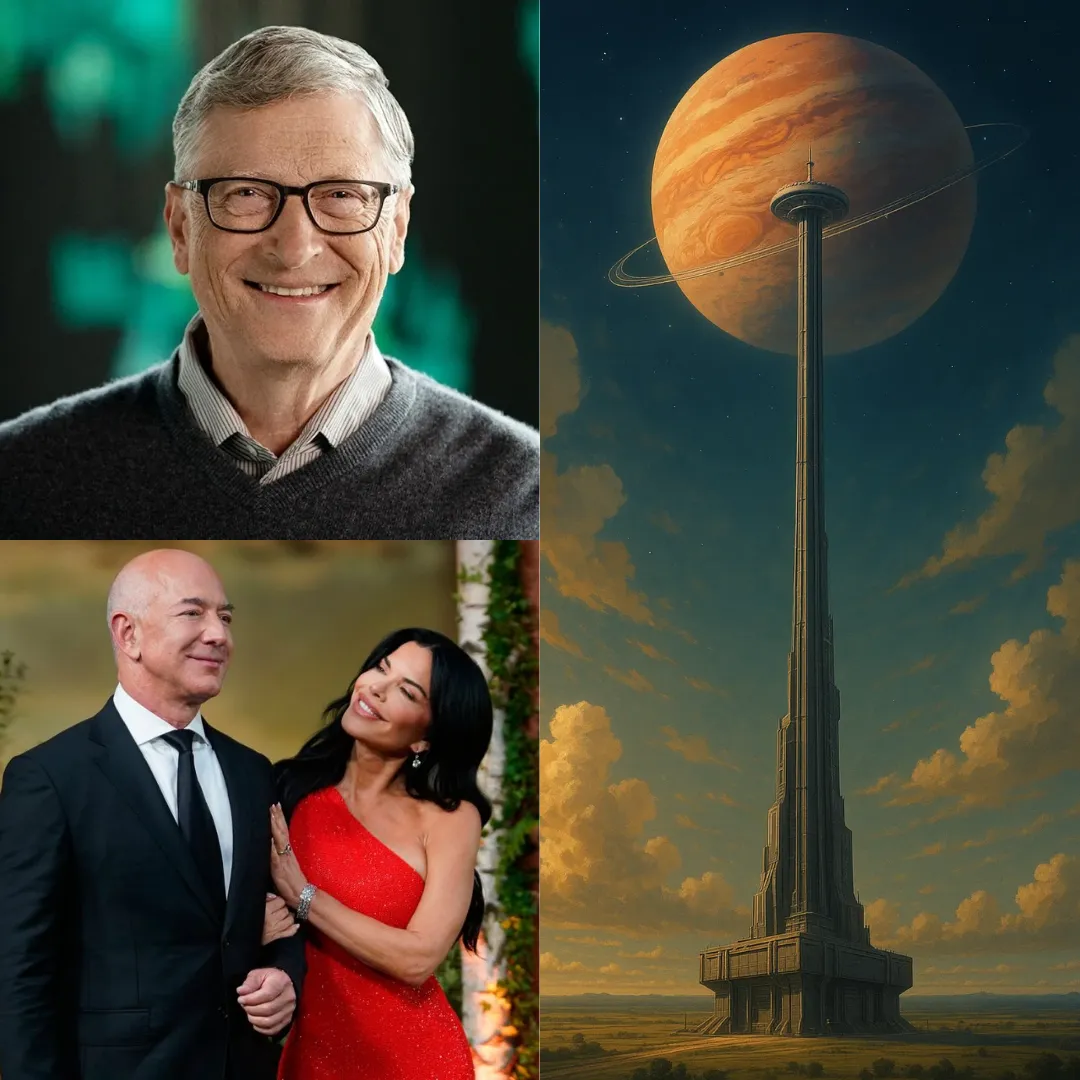
In a week marked by market chaos and staggering losses among the world's wealthiest tech titans, one figure emerged as an exception—not because he was untouched by the turmoil, but because he saw it coming. While Elon Musk, Jeff Bezos, and Mark Zuckerberg each saw tens of billions wiped from their fortunes, Warren Buffett, the "Oracle of Omaha," weathered the storm and even managed to keep his gains for the year in the green.
It all began on April 2, when U.S. President Donald Trump announced a sweeping package of new tariffs targeting over 100 countries, including a 54% tariff on Chinese imports and a 20% tariff on goods from the European Union. The markets responded instantly and violently. Within hours of the announcement, global equities plummeted, and some of the biggest names in tech watched their personal fortunes melt away.
The biggest loser on the day was Elon Musk, CEO of Tesla Inc. (NASDAQ: TSLA) and SpaceX, whose net worth dropped by a stunning $19.9 billion in a single session. The one-day loss added to Musk’s already challenging year, bringing his total year-to-date losses to $130 billion and his net worth down to $302 billion, according to the Bloomberg Billionaires Index.

Jeff Bezos, founder and executive chairman of Amazon.com, Inc. (NASDAQ: AMZN), also took a heavy hit, losing $7.59 billion in the market selloff. His year-to-date losses now stand at $45.2 billion, as Amazon shares struggled amid renewed concerns over global supply chains and rising input costs.
Meanwhile, Meta Platforms Inc. (NASDAQ: META) CEO Mark Zuckerberg watched $9.44 billion vanish from his fortune in a single day, bringing his total losses in 2025 to $28.1 billion.
The tech sector’s massive exposure to global trade, complex supply chains, and investor expectations for high growth made it particularly vulnerable to geopolitical shocks. As markets priced in the risk of retaliatory tariffs, trade slowdowns, and rising inflation, tech stocks led the downturn.
The selloff wasn’t confined to Silicon Valley. In Europe, Bernard Arnault, chairman of luxury conglomerate LVMH Moët Hennessy Louis Vuitton (OTC: LVMHF), lost $5.23 billion as LVMH shares plunged on the Paris Stock Exchange. Arnault, whose empire spans dozens of high-end fashion and lifestyle brands, is highly dependent on international consumer demand—especially from China.

Tariffs threatened to choke off access to key markets, sending investors fleeing from luxury retail.
Elsewhere, some of tech’s biggest historical figures also felt the sting. Larry Ellison, Larry Page, Sergey Brin, Steve Ballmer, and Bill Gates all posted multi-billion-dollar losses in the span of 24 hours. With portfolios heavily tied to the fortunes of companies like Oracle, Alphabet, and Microsoft, these billionaires were unable to escape the global market rout.
And yet, amidst the financial wreckage, Warren Buffett stood apart. While he did register a $10.7 billion loss during the market plunge, he remains one of the few top billionaires whose net worth is still positive for the year—up $12.7 billion as of early April.

The contrast is striking, especially considering Buffett’s age and traditional investment strategy. At 92, Buffett may not run a tech company or launch rockets, but his long-standing principles of value investing, cautious capital deployment, and economic foresight have once again proven their merit.
The key to Buffett’s current resilience lies in a set of bold, seemingly contrarian moves he made in 2024, when others were chasing record gains.
Throughout 2024, Buffett’s Berkshire Hathaway (NYSE: BRK.A) made several dramatic adjustments to its portfolio:
-
Sold off $134 billion in equities, significantly reducing exposure to an overheated stock market.
-
Halted all stock buybacks in the second half of the year, preserving capital rather than inflating share prices.
-
Allowed cash reserves to swell to $334 billion, an all-time high for the conglomerate.
-
Trimmed Berkshire’s massive Apple Inc. (NASDAQ: AAPL) position from 49% of the equity portfolio to just 23%.
-
Reduced holdings in Bank of America, just ahead of the financial sector's recent slide.

At the time, many investors questioned Buffett’s reluctance to participate in the ongoing rally. The S&P 500 had logged two consecutive years of 20%+ returns, and speculative euphoria in AI, clean energy, and crypto-related stocks dominated headlines.
Critics labeled him overly cautious—some even outdated. But as global risk escalates in 2025, Buffett’s cautious positioning has proven prudent, even prophetic.
Buffett’s defense-first strategy doesn’t mean he’s turned bearish on the U.S. economy. Quite the opposite.
Though he has long criticized tariffs, even calling them “an act of war” and “a tax on American consumers,” Buffett remains deeply optimistic about the future of American business. In a recent shareholder letter, he reaffirmed that "a majority of any money I manage will always be in the United States."
He believes in the durability of the American economic engine, but also understands that markets move in cycles—and that it pays to prepare for downturns long before they happen.

The April tariff shock could mark a turning point for investors. The tech sector, once seen as an unstoppable growth engine, now faces serious questions about its exposure to international trade risks, supply chain fragility, and overextended valuations.
Buffett’s success may be signaling a broader rotation from growth to value, from speculation to fundamentals, and from international dependency to domestic resilience. If the "smart money" is retreating into cash and conservative positions, smaller investors may want to take note.
It’s also a moment to reassess the role of diversification. While many tech billionaires were concentrated in their own companies’ shares, Buffett’s broader portfolio and cash hoard gave him flexibility and downside protection—advantages that have become incredibly valuable in today’s environment.
Warren Buffett didn’t escape the selloff entirely, but his ability to retain gains while his peers bled tens of billions speaks volumes. In many ways, the last few months have been a vindication of his core investment philosophy: stay patient, remain disciplined, and don’t follow the crowd.

While Musk, Bezos, and Zuckerberg are visionary leaders who may well bounce back, their fortunes are tied closely to market optimism and international volatility. Buffett, on the other hand, has shown that sometimes the best offense is a good defense.
In uncertain times, when political shocks send markets spiraling, it’s often not the boldest or the most innovative who come out ahead—but those who prepared before the storm.
As the dust settles from one of the most dramatic market corrections in years, one thing is clear: Buffett didn’t just survive the shake-up—he anticipated it.
And for investors watching closely, that’s not just impressive. It’s instructive.
-1747889572-q80.webp)
-1742653910-q80.webp)
-1747904625-q80.webp)
